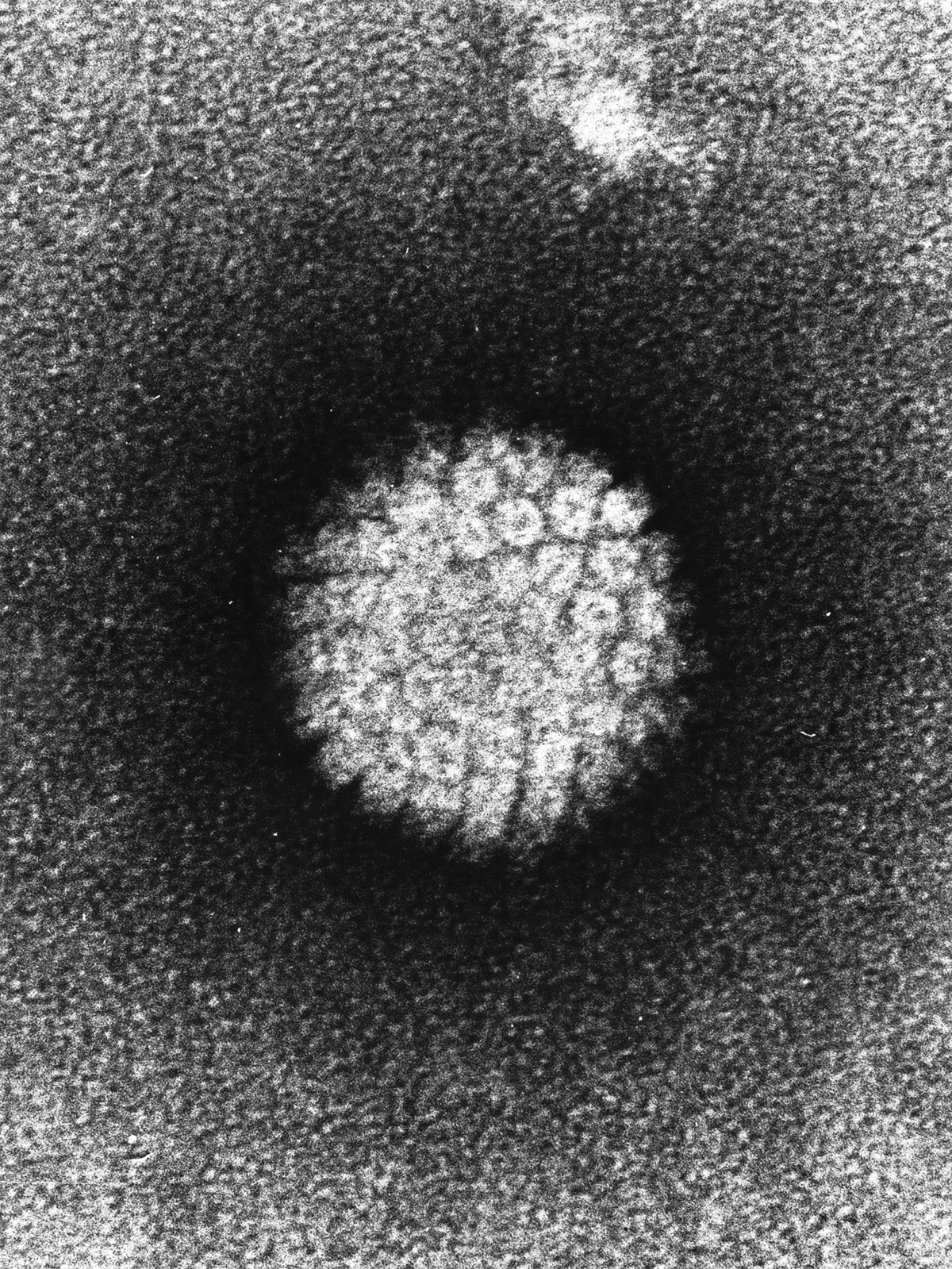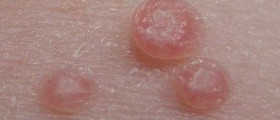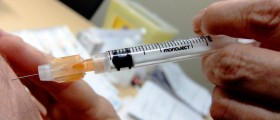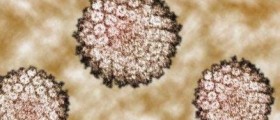
Warts are growths on the skin that may appear anywhere on the body, but most commonly they appear on the face, hands and feet. People who have them often wonder if warts are contagious, and the answer is, unfortunately, yes.
About warts
Warts are abnormal growths on the skin but they are not dangerous nor cancerous. Sometimes they require treatment and sometimes they go away on their own. Warts on the soles of feet are called plantar warts, and other types of warts include flat warts, genital warts, filiform warts, which appear around the mouth and the nose, while subungual and periungual warts appear on fingernails and toenails.
Warts can be painful, depending on the location. Plantar warts are particularly painful, because of the pressure. There can be just one wart or a group of warts that form a cluster. Some warts look like cauliflower, sometimes with tiny black dots on them, which are basically blood vessels.
Are warts contagious?
Warts are caused by a virus called human papillomavirus or HPV. Every virus is contagious by definition, but whether it will pass from one person to another depends on various conditions.
For example, genital warts are very contagious and can be passed from one person to another through unprotected sex. The problem is, condoms do not provide full protection against HVP because the virus can be found around the genitals, in parts that are not protected by the condom, like the pubic area. Skin-to-skin contact can be the source of infection.
Other warts, for example those on hands, can be passed if another person has a small cut or other opening on the skin and holds hands with a person who already has a wart. However, the chances of getting the warts are not very high.
Plantar warts can also be passed through openings on the skin. Virus tends to dwell in warm and moist places, like public showers. If a person has a cut on the foot, he or she may contract the virus and develop one or more warts.
It is generally recommended for people who have warts to avoid direct contact with others, which includes touching, kissing, having sex, until the warts are gone and the virus is no longer present in the body. Still, if the skin is intact, the chances of contracting the virus are small.
As for the indirect contact, the chances are even smaller but the risk increases if the skin is damaged and has openings like cuts and scabs.

















Your thoughts on this
Loading...